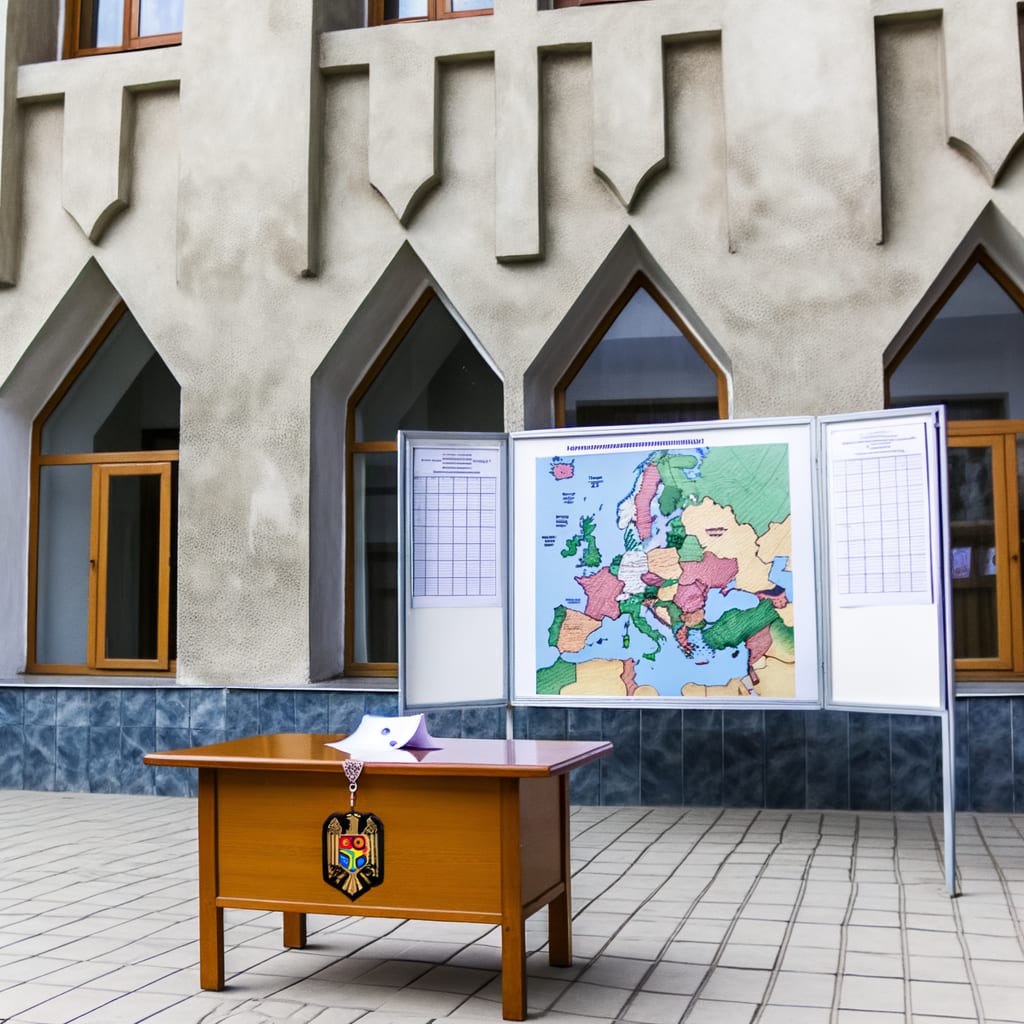Moldova's Pivotal Parliamentary Elections Marred by Controversy and Alleged Interference
Moldova, one of the poorest countries in Europe, is caught in a high-stakes parliamentary election marked by controversy, accusations of foreign interference, and the banning of pro-Russian parties. The results of the election could have significant implications for Moldova's future alignment, either drawing closer to the European Union or maintaining its historical ties with Russia.
Backdrop and Context
Moldova's parliamentary elections come at a critical juncture in the nation's history. The country, which gained independence from the Soviet Union in 1991, has been struggling to maintain a balance between its aspirations for European integration and its historical ties with Russia. The elections are seen as a decisive moment for the country's future direction.
President Maia Sandu, the founder of the pro-European PAS party, has described the elections as the most important
in the history of the nation. Her government and the EU have accused Russia of deeply interfering
in the elections. Meanwhile, Russia and opposition leaders have accused the Sandu's government of acting lawlessly and trying to retain power at any cost.
Key Developments and Controversies
In the lead-up to the elections, two pro-Russian parties were barred from participating. The Central Election Commission (CEC) annulled the registration of the Greater Moldova party and removed all of its candidates from the ballot. The leader of Greater Moldova, Victoria Furtuna, condemned the ruling as unjust
and vowed to challenge it in the Court of Appeal.
The banning of parties and the denial of accreditation to international observers have sparked controversies and accusations of political persecution. Over 30 international organizations and 120 observers from more than 50 countries have been barred from the elections.
Allegations of foreign interference have also loomed large. Watchdogs claim Russia is attempting to sway the vote by flooding overseas voter communities with cash and offering bonuses for evidence of voter fraud. There are also allegations of a wide-spread influence campaign on social media, not only from Russia but also from the far-right Romanian faction.
Reactions and Implications
The controversies surrounding the elections have drawn reactions from various quarters. The leader of the Patriotic Electoral Bloc, Dodon, has warned that the authorities' alleged unlawful actions will one day have a price. Meanwhile, Ukrainian President Zelensky has voiced concerns that the elections pose a risk for Europe, as Russia seeks to gain control over Moldova.
Russian Ambassador Oleg Ozerov has accused the West of using Moldova as an anti-Russian tool, claiming the country is on the brink of a socioeconomic catastrophe.
Conclusion
As Moldovans head to the polls, the world watches closely. The election results could potentially derail Moldova's path to accession in the European Union or further deepen its ties with Russia. Amidst the controversy and alleged interference, the outcome of this most consequential election
remains uncertain.

